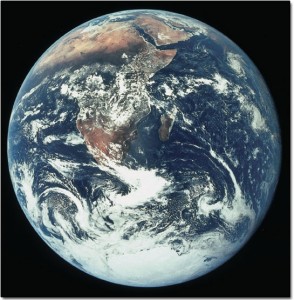As announced on the Global Sensemaking blog, and building on Tim Bonnemann’s excellent Wordle and Mark Szpakowski’s suggestion, I produced a draft map of Barack Obama’s speech in Berlin yesterday, which you can view and explore here.
The snapshot below displays the top layer of the map, and you are welcome to log-in and improve both the top layer and the underlying structure of the first draft.
As noted in the earlier post, the preparation of the first draft of the map emphasised the different senses, dimensions and saliencies of the speech that emerge via the different forms and interpretations:
video,
transcript,
Wordle, and
map. And, no doubt, others experiencing Obama’s speech first via
TV news analysis,
newspaper reports,
David Frum,
a photograph, or
at the speech itself would take away different senses too.
To illustrate how it is possible to develop this kind of mapping analysis further live on the web already, I have started to weave together the map and the transcript of the speech using the Future of the Book’s marvellous CommentPress tool to enable directly addressable, granular access to the text of Barack Obama’s speech, linked to the relevant sections of the map (and vice versa)—with a video clip layered into the latter example for good measure as well.

The granular addressability is shown at the paragraph level in this example; however, CommentPress—which is being applied imaginatively to several public consultations in the UK—allows the user to define a deeper level of granularity, enabling a finer one-to-one correspondence between the source document and the map.
The hope embodied in this experiment is that in the build up to the Presidential election in November it might be possible exemplify the potential of the emerging web technologies to shift the modus of political debate (a degree or two) away from the calculated cacophony of ephemeral soundbites toward a more considered, constructive and cumulative conversation.
If you are willing to help in the pursuit of this goal—working on the transcripts, mapping and tying together the arguments, highlighting inconsistencies and areas of agreement, and holding the candidates transparently accountable to their words—please join us.



![]()



